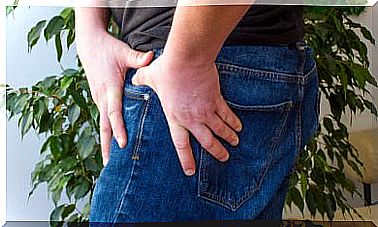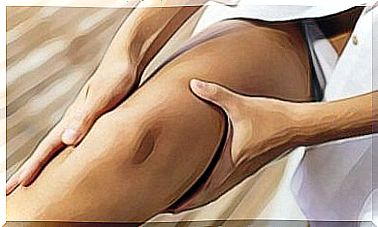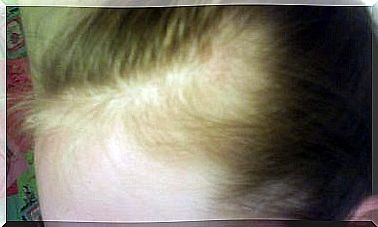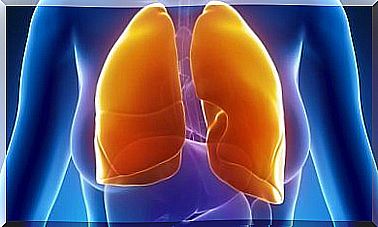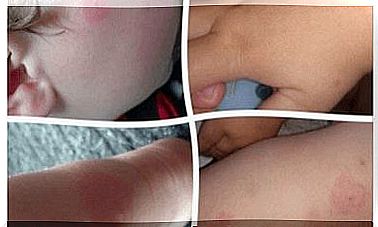What Happens To Your Body If You Stop Brushing Your Teeth For A Long Time?
Brushing your teeth is one of the hygiene habits that Every person should put it into practice every day, without any excuse.
It has always been recommended to wash and floss them three times a day, after each meal, since food remains over time can lead to various diseases. Research suggests that regular tooth brushing and dental visits may reduce periodontitis by 34% and 32%, respectively.
For various reasons, there are still many people who do not brush their teeth properly or following the recommendations given by dentists.
Data from a recent survey on the oral health of Spaniards, conducted by the Council of Dentists , found that 12% of Spaniards do not brush their teeth daily and 2.3% never do.
But it does not happen only in Spain. In a recent investigation by the American Dental Association it was determined that 30% of Americans do not brush as recommended or as long as necessary, and 23% go two or more days without washing even once.
For experts on the subject, it is normal and common for everyone to forget to brush their teeth at some point, either because of the rush or timetables. What they still cannot understand is the reason why some people are able to give up this habit for a long time.
And it is that oral health plays a fundamental role in the life of every person, being as necessary as that of the rest of the body. Gum and tooth problems, as well as other disorders in the mouth, can be the sign that something is wrong.
Many experts on the subject have questioned what could happen when a person stops brushing their teeth for a day, a week, a month and even a year.
Dentist Mark S. Wolff responded for ‘Yahoo Health’ , and what he said will leave more than one astonished.
A day without brushing your teeth
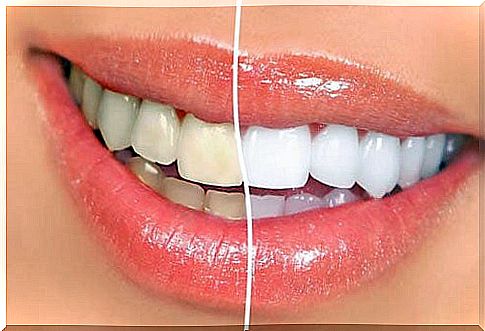
After 24 hours without brushing the teeth, a thin layer of plaque begins to accumulate that serves as a deposit of microorganisms on the outside of the teeth.
In just one day it is likely that no damage will develop yet, but if we do not act in time, these bacteria continue to reproduce and in 48 hours they begin to cause havoc and cause a bad smell, halitosis.
A week later
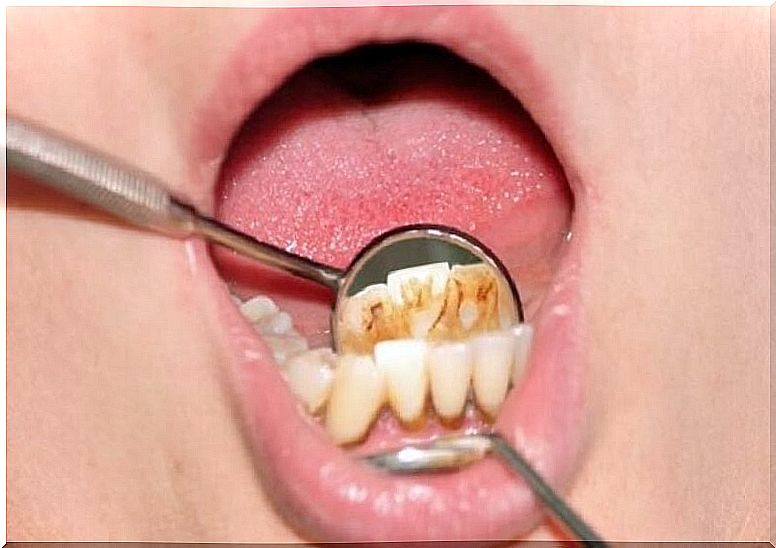
When a week passes, the fact of not brushing the teeth becomes a habit and they accumulate food debris that will nourish the bacteria.
According to Wolff, “the accumulation of plaque on the teeth is thicker and begins to smell.”
After several days, gingivitis begins to develop, an oral condition characterized by inflammation and irritation of the gums, which causes small bleeding.
After a month
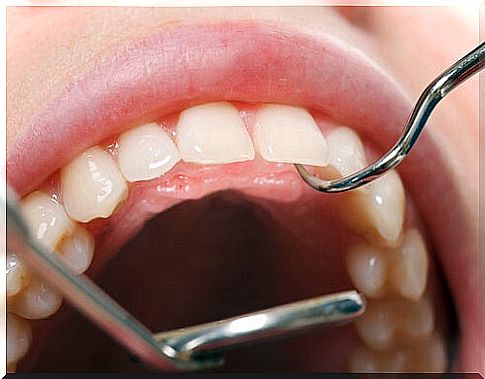
When a full month passes without maintaining a minimum of hygiene, the bacteria that live inside the mouth begin their decomposition process.
This causes inflammation and redness in the gums, in addition to increasing the risk of suffering a tooth decay almost immediately, especially when consuming sugary foods.
White spots begin to appear on the teeth, indicating decalcification of the enamel, an obvious sign of deterioration.
After one year
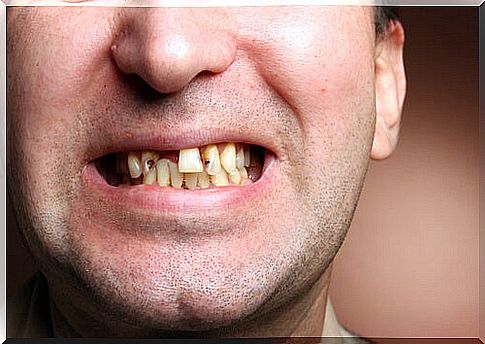
A person who spends a year without cleaning them faces a very serious situation: their own saliva is responsible for causing cavities.
Plaque becomes a secondary problem as the gums become more inflamed and turn dark red.
The damage suffered by the teeth and mouth during this year varies according to the genetics of each person, as well as their age, since the body tends to protect itself more at young ages.
A young and healthy person is more likely to overcome these problems compared to someone over 50 years of age. Also, if the adult is ill, there is a high risk that their teeth will start to loosen until they fall out.
As you have seen, it is important to maintain good dental hygiene to avoid all these problems, as well as to visit the dentist frequently.
